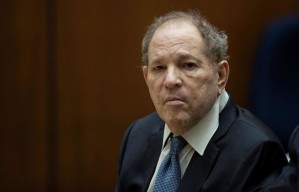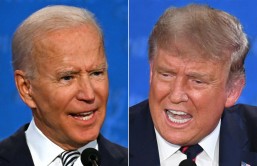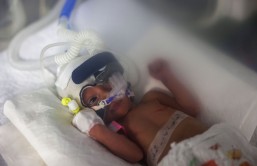Federal regulators announced on Wednesday that Bank of America must return $727 million to customers, then pay up $45 million in fines for participating in unlawful credit card proceedings.
Up to 2.9 million BOFA users who signed up for credit card watch services and identity theft protection were then improperly charged. Now, they'll receive compensation, the Consumer Financial Protection Bureau told the Los Angeles Times.
"Bank of America both deceived consumers and unfairly billed consumers for services not performed," director of the bureau Richard Cordray said during an interview with the Times. "We will not tolerate such practices and will continue to be vigilant in our pursuit of companies who wrong consumers in this market."
Bank of America's case is part of a larger investigation of four other financial companies conducted by the bureau. CFPB officials told the Times that the probe examined fraudulent marketing, registration and payment practices linked to what are called add-on products. Credit card companies usually offer these services to their customers for added fees.
The bank will also have to pay $20 million in civil penalties, along with $25 million to the Office of the Comptroller of the Currency.
Bank of America agreed to refund its customers and pay the fine, but didn't explicitly say whether it was guilty of the charges.
BOFA released a statement on the matter this week, saying it had already returned money to the "majority" of customers affected by the questionable practices.
According to the investigation, some customers complained they'd never received credit protection services for which they were still billed.
Between 2000 and 2011, the Los Angeles Times reported that about 1.5 million consumers were wrongly charged nearly $459 million for the services.
From 2010 to 2012, the bank marketed "Credit Protection Deluxe" and "Credit Protection Plus" - services that let customers cancel part of their credit card debt if they fell on hard times.
But around 1.4 million cardholders were forced to make nearly $268 million in payments after they were wrongly told that the first 30 days of service were free.








